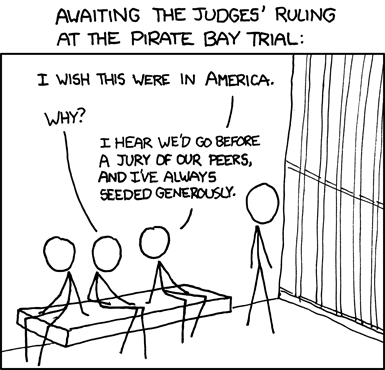WWF has launched a great effort to bring awareness to the environment – but can equally be used to bring about technology awareness. It’s the WWF Earth Hour.
The idea is to collect a billion people around the world who will switch off their lights for one hour all at the same time. This is the information for those in the GMT zone
On Saturday 28 March 2009 at 8.30pm, people, businesses and iconic buildings around the world will switch off their lights for an hour – WWF’s Earth Hour.
We want a billion people around the world to sign up and join in.
Sign up to show that you care about people, wildlife and the planet, and that you want the world’s leaders to take action to tackle climate change.
Some 934 cities from 80 countries have already signed up. In addition, a great number of iconic landmarks will be plunged into darkness, including Nelson’s Column, the Forth Bridge, the Millennium Stadium in Cardiff, the Eiffel Tower, Christ the Redeemer in Rio de Janeiro, Table Mountain in Cape Town and Sydney Opera House. The London Eye, too, will be dimmed for the hour. Visit our ‘Who’s signed up to switch off ‘ page to find out more.
Please join us, and help us make this the biggest mass participation event ever!





